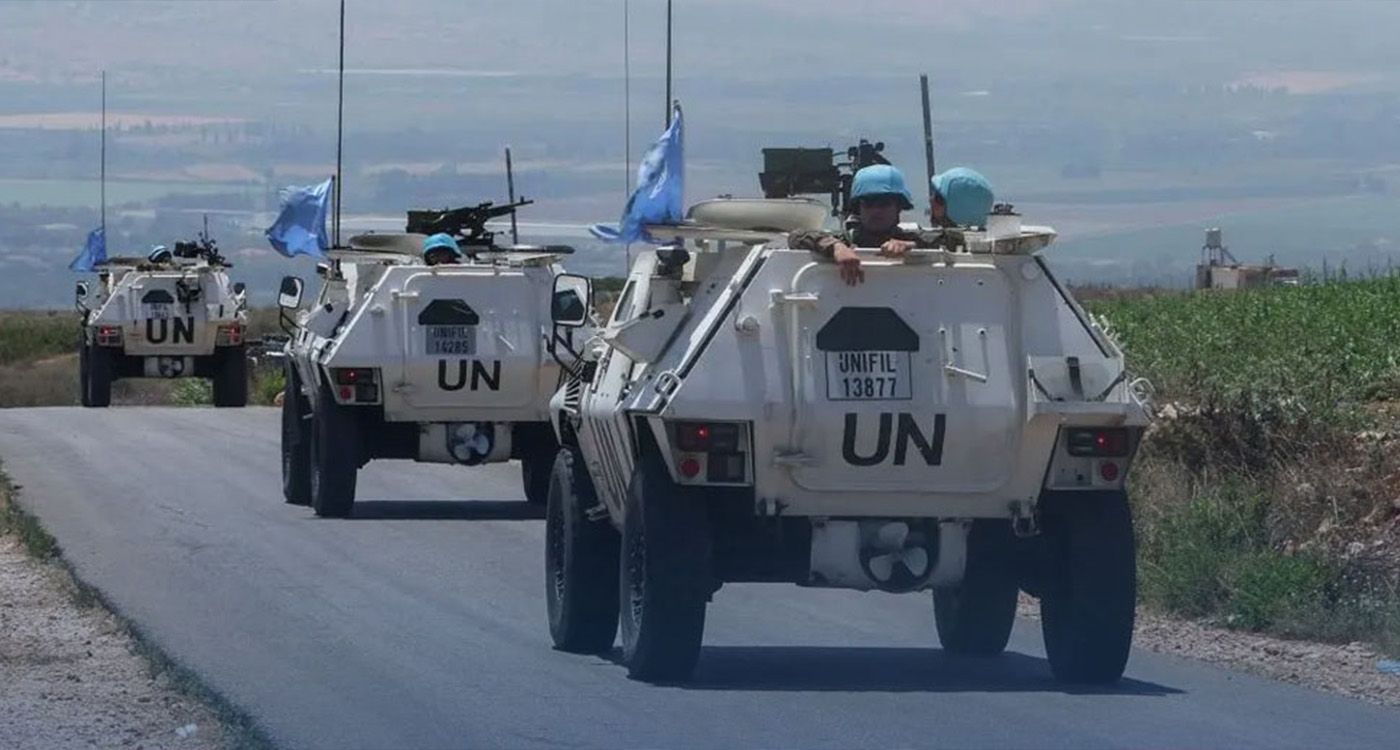
No one can predict what southern Lebanon will look like after UNIFIL withdraws at the end of 2026. Will Lebanon have succeeded in disarming Hezbollah? Will it be able to fully control the south, particularly the area south of the Litani River? And what role will the international presence play in the region?
UNIFIL has already begun reducing its personnel and scaling back operations, both in anticipation of its mandate ending in 2026 and due to budget cuts. Yet it continues its military work, which may prove to be its most effective phase to date. The post-“Support Operation” environment in southern Lebanon has allowed UNIFIL, since its deployment south of the Litani in 1978, greater freedom of movement. This has enabled the force to uncover military infrastructure and seize weapons from Hezbollah, tasks that were previously off-limits when the group maintained installations just meters from UNIFIL positions. The presence of the Mechanism has also enhanced the effectiveness of these operations.
As part of the downsizing, departing UNIFIL military units will not be replaced as they were in the past. The UNIFIL naval force will also reduce its operations, personnel, and ships starting in December. UNIFIL spokesperson Candice Ardile said that, due to global United Nations budget cuts, the redeployment of peacekeeping personnel to their home countries has already begun and will continue over the coming weeks.
Observers report that UNIFIL has begun its withdrawal and caution that Resolution 1701 and the ceasefire agreement remain only partially implemented. There is no guarantee they will be fully enforced by the end of 2026 unless Hezbollah is disarmed, either politically or militarily, and Lebanon and Israel reach an agreement that provides a sustainable solution. Such an agreement could include security arrangements allowing for the presence of foreign forces south of the Litani.
Analysts note that the 1949 armistice between Lebanon and Israel, which established the presence of international observers, can no longer effectively regulate the current situation. In response, France and other European countries have begun promoting the idea of a European force in southern Litani. This force would be established under a European mandate, smaller than UNIFIL, and deployed in specific areas along the Lebanese-Israeli border.
The proposal remains at the discussion stage, as its implementation requires consultations with the United States, Israel, and Lebanon. Its deployment would require approval from all parties, particularly since Israel, in the absence of an agreement with Lebanon, must retain the freedom to conduct military operations. Meanwhile, Hezbollah is likely to perceive the force as an adversary guarding Israel’s borders and obstructing its objective of liberating Palestine.




Comments